
Preaching Jesus Christ is the highest calling in Christendom. It is is the ordinary means by which God awakens cold, crusty, and callous hearts to breathe in the grace of faith. Preaching is the chariot that carries Christ to sinners’ bosoms and breasts. It is the spiritual sword God uses to assault hell’s gates and ruin Satan’s strongholds. The Sun of Righteousness dawns upon the earth to harden clay hearts and melt icy souls whenever His word is heralded. Preaching convicts, illuminates, rebukes, encourages, and enlivens the soul.
As such, faithful preaching needs the gravity of eternity.
Consider three men of old who modeled such preaching: Richard Baxter, the apostle Paul, and Robert Murray M’Cheyne.
Baxter’s Famous Maxim
Richard Baxter was a Puritan full of fire. Spurgeon said, “If you want to know the art of pleading, read Baxter.” In his autobiography, Spurgeon recounts a conversation with his wife one Sunday evening, in which he said, “I fear I have not been as faithful in my preaching today as I should have been; I have not been as much in earnest after poor souls as God would have me be. . . . Go, dear, to the study, and fetch down Baxter’s Reformed Pastor, and read some of it to me; perhaps that will quicken my sluggish heart.”
Baxter exemplified earnestness in pulpit ministry. While some of his theological convictions are tenuous, what shouldn’t be denied is the fervency and urgency that marked his heralding of Christ. It’s why he (somewhat) famously declared in his Poetical Fragments,
This called me out to work while it was day;
And warn poor Souls to Turn without delay:
Resolving speedily thy Word to preach;
With Ambrose, I at once did Learn and Teach.
Still thinking I had little time to live,
My fervent heart to win men’s Souls did strive.
I Preached, as never sure to preach again,
And as a dying man to dying men!
O how should Preachers Men’s Repenting crave,
Who see how near the Church is to the Grave?
And see that while we Preach and Hear, we Die,
Rapt by swift Time to vast Eternity!
Baxter’s call has good biblical precedent.
Paul’s Fearful Persuasion
In 2 Corinthians 10:11, Paul states, “Therefore, knowing the fear of the Lord, we persuade others.” In the previous ten verses, Paul writes about the security of our future in Christ because He is the sovereign judge over all humanity. The time is rapidly approaching when “we must all appear before the judgment seat of Christ, so that each one may receive what is due for what he has done in the body, whether good or evil” (2 Cor. 5:10).
For Paul, preachers need the fear of eternity weighing on their hearts if they are to preach persuasively as Christ’s ambassadors. It’s been somewhat fashionable for some to think that Paul means for “fear” (phobos) to be understood as “reverential awe.” Such a view, however, softens the seriousness of Paul’s mind. As Scott J. Hafemann says, “Nothing less than real fear is involved, since in the context Paul is referring to a strong desire to avoid the negative consequences of Christ’s judgment.”
Expectancy of eternity, then, possesses vital energy for those who herald reconciliation in Christ (2 Cor. 5:18–21).
Preaching the Christ of Eternity
Like Spurgeon after him, Robert Murray M’Cheyne loved the Puritans—especially Richard Baxter. After reading Baxter’s Call to the Unconverted, M’Cheyne wrote,
Though Baxter’s lips have long in silence hung,
And death long hush’d that sinner-wakening tongue;
Yet still, though dead, he speaks aloud to us all;
And from the grave still issues forth his, “Call.”
Like some loud angel-voice from Zion Hill,
The mighty echo rolls and rumbles still,
O grant that we, when sleeping in the dust,
May thus speak forth the wisdom of the just.
Baxter’s zeal for souls captured M’Cheyne and caused him to declare in an ordination sermon, “O for a pastor who unites the deep knowledge of Edwards, the vast statements of Owen, and the vehement appeals of Richard Baxter!”
He exhorted Andrew Bonar, “Speak to your people as on the brink of eternity.” To Mrs. Thain, he encouraged, “Live near to God, and so all things will appear to you little in comparison with eternal realities.” The motto with which he sealed most of his letters was, “The Night Cometh.”
M’Cheyne’s longing for eternity gave special fervency to his gospel ministry. He did not expect to live a long life, and so he aimed to “speak very plainly” of Christ. He cried, “Oh, believers, it is the duty of ministers to preach with this solemn day in their eye (Judgment Day)! . . . Would not this take away fear of man? Would not this make us urgent in our preaching? You must either get these souls into Christ, or you will yet see them lying down in everlasting burnings.” Also, the Sabbath was a taste of eternity, and thus eternal business should fill each Lord’s Day activity. He told a ministerial friend,
May your mind be solemnized, my dear friend, by the thought that we are ministers but for at time; that the Master may summon us to retire into silence, or may call us to the temple above; or the midnight cry of the great Bridegroom may break suddenly on our ears. Blessed is the servant that is found waiting! Make all your services tell for eternity; speak what you can look back upon with comfort when you must be silent.
A Missing Note Today?
I might be wrong, of course, but I daresay that the weight of eternity is a significant note missing in modern preaching. John Piper certainly agrees with me.
In his book, The Supremacy of God in Preaching, John Piper examines preachers in various revivals throughout church history. He notices Thomas Chalmers’ blood-earnestness, William Sprague’s seriousness, and Charles Spurgeon’s reverence. He then strikes at modern attempts at preaching, saying most pulpit ministry today will never bring revival. Piper writes, “It is surely a sign of the age that we preachers are far more adept at humor than tears . . . Laughter seems to have replaced repentance as the goal of many preachers.” How sad it is to realize how right he is.
Understanding the urgency of eternity puts Christ-exalting gravity in the place of man-centered levity. May every preaching prepare this week’s sermon with eternal realities before his mind, and so ascend to the sacred desk this Lord’s Day ready to preach as a dying man to dying people.

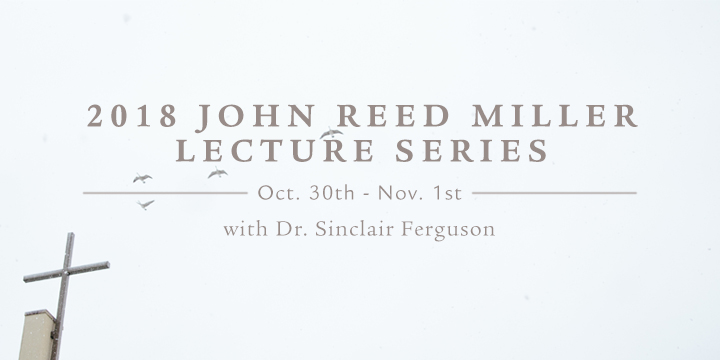


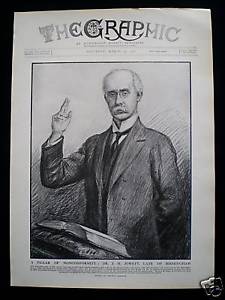 After hearing the great Dr. Fairbairn preach, Jowett told his students at Airedale College, “Gentlemen, I will tell you what I have observed this morning: behind that sermon there was a man.” Although The Preacher provides scant autobiographical information, I always have same sense in reading Jowett’s work—there is gravity in his message.
After hearing the great Dr. Fairbairn preach, Jowett told his students at Airedale College, “Gentlemen, I will tell you what I have observed this morning: behind that sermon there was a man.” Although The Preacher provides scant autobiographical information, I always have same sense in reading Jowett’s work—there is gravity in his message.
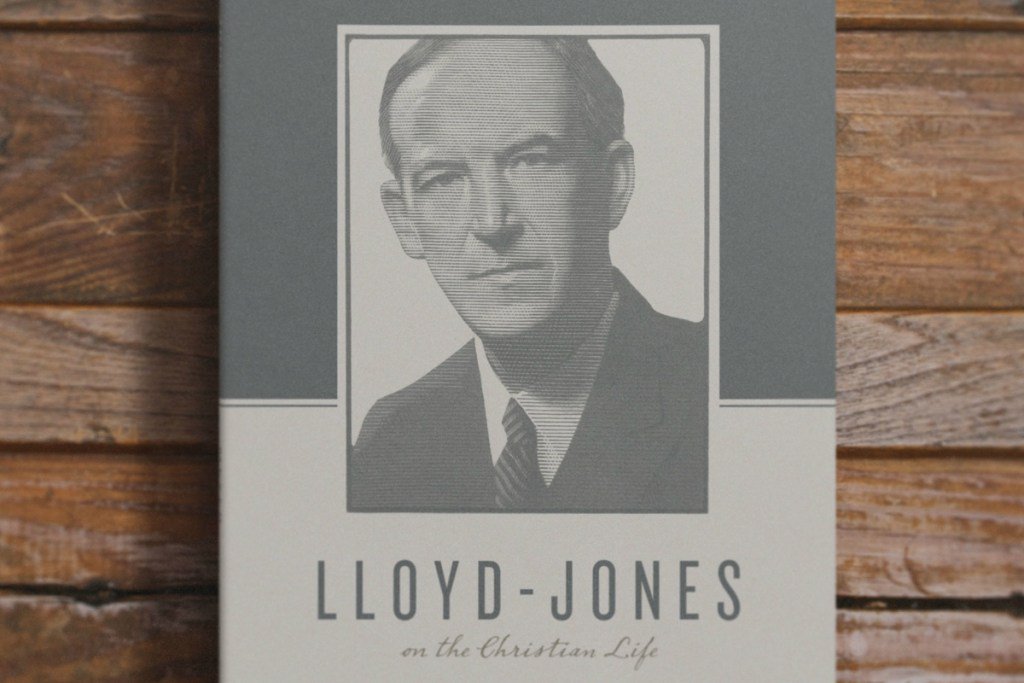
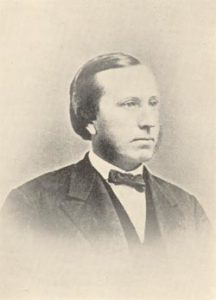
 Earlier today, I read through part of John Piper’s latest book
Earlier today, I read through part of John Piper’s latest book 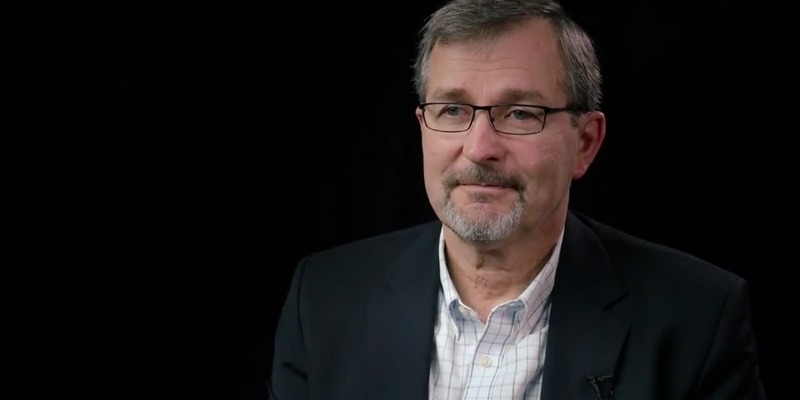
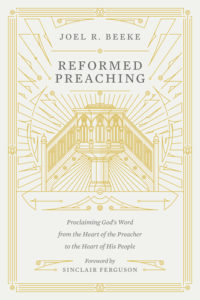 Some preaching is like the winter sun: it brightly illuminates the mind but leaves the heart cold. Other sermons are like cotton candy: they taste sweet but contain no substantial nutrients. Biblical sermons, however, need both heat and substance—a conviction at the core of the great Reformed tradition of experiential preaching. Reformed experiential preaching not only informs minds, but also engages hearts and transforms the conduct of hearers. This robust treatment of Reformed experiential preaching by Joel Beeke—a pastor and professor of preaching with over 4 decades of experience—explores the heart of Reformed preaching, examining sermons by preachers from the Reformation and bridging the historical gap by showing pastors what the preaching of this life-transforming truth looks like today.
Some preaching is like the winter sun: it brightly illuminates the mind but leaves the heart cold. Other sermons are like cotton candy: they taste sweet but contain no substantial nutrients. Biblical sermons, however, need both heat and substance—a conviction at the core of the great Reformed tradition of experiential preaching. Reformed experiential preaching not only informs minds, but also engages hearts and transforms the conduct of hearers. This robust treatment of Reformed experiential preaching by Joel Beeke—a pastor and professor of preaching with over 4 decades of experience—explores the heart of Reformed preaching, examining sermons by preachers from the Reformation and bridging the historical gap by showing pastors what the preaching of this life-transforming truth looks like today.